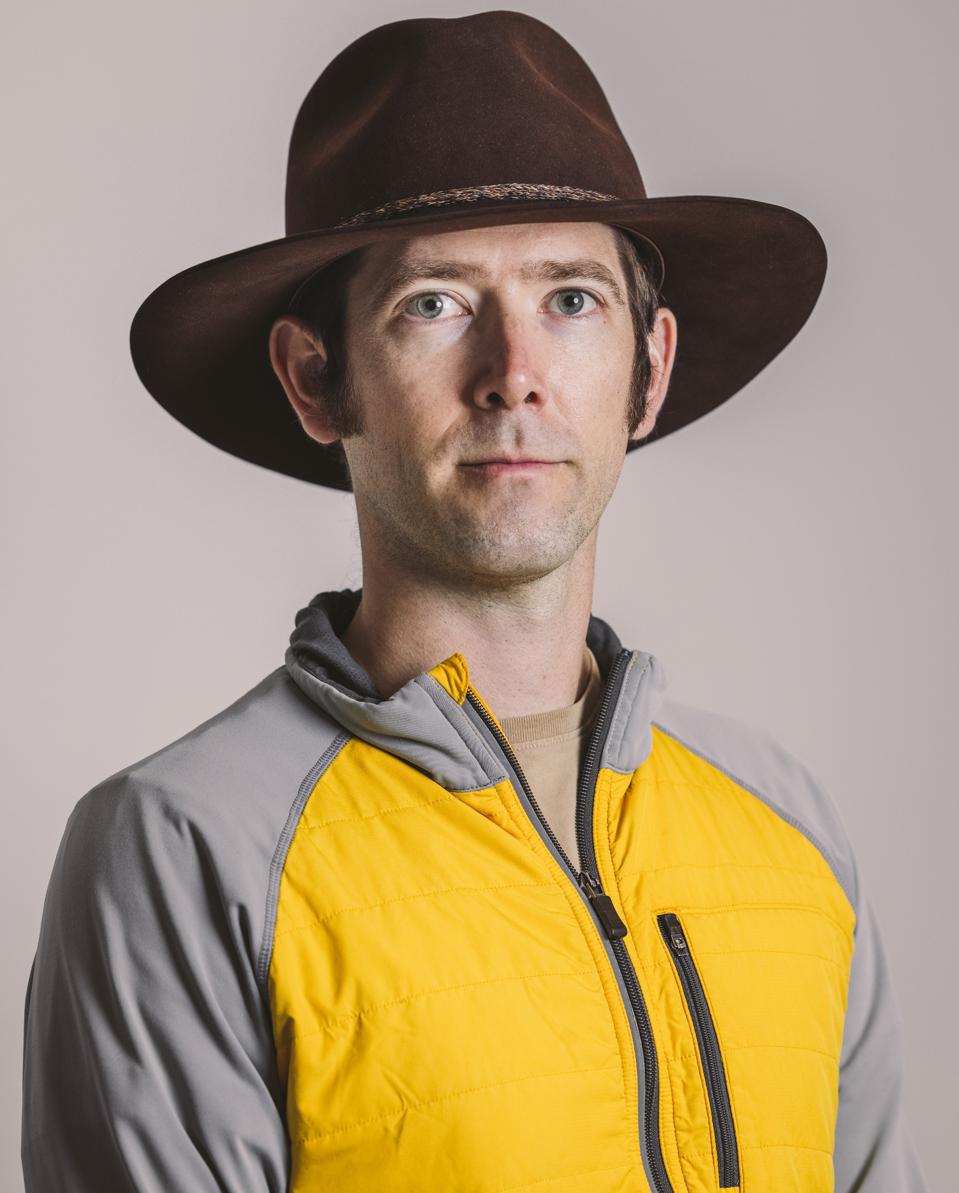Sitting prominently among the best-known cannabis brands operating in California today is Raw Garden. You can find its line of concentrates—vape pens, sauces, live resin, diamonds— in nearly every licensed retail store in the state. Founded in 2011, during the medical Prop 215 days, the company has kept its operations close to the chest. Until now.
Based on the Central Coast, Raw Garden boasts over 2,000 cultivars grown on 85 acres of land in the lush Santa Barbara County. If you ask its CEO and co-founder John De Friel, Raw Garden’s ideology is farm-first. De Friel is a fourth-generation farmer as well as a chemical and biological engineer.
De Friel spoke with me recently on Raw Garden’s obsession with consistency in plant breeding, his family’s 150-year farming roots, and the company’s announcement of its first expansion into a new market, Arizona, come next year.
Tell me about your Farm Philosophy. I would love to know how your knowledge of agriculture extends to Raw Garden’s cannabis?
John De Friel: My mom’s side of the family has been farmers on the West Coast for over 150 years. They were homesteaders in the Oregon territory, in Washington state. My family started as homesteaders, became cattle and wheat farmers, more recently, they’ve done potatoes, onions, lettuce, celery, berries, all kinds of other produce.
So yeah, I’ve had that family network to study and ask questions and try to understand the evolution of those crops over all those years, how marketing has changed with them. We use a lot of that knowledge around building Raw Garden. That’s really where Raw Garden came from.
This year, you’ve launched new products, including your disposable vape pen, as well as diamonds. How has the consumer response been so far?
It’s been really good with both products. Diamond is a difficult product to make, it takes a lot of time, so it’s a low-volume product, it requires a temperature-controlled environment. It’s been difficult for us to increase the volume on that product, but it’s been very well-received. We take a lot of pride in this product.
The ready-to-use vape pens, so our goal is to compete against the disposable segment. Disposable products were created so that, when the oil runs out, they throw the vape product in the landfill. We’ve seen people try recycling, we tried to figure out how we could run a program like that. So we wanted to create a product, the convenience of a disposable is that it’s ready to use right away. We will be launching replacement ready-to-use cartridges soon. It is ready to use, but you can recharge the battery, and buy a new cart to go with it.
I am blown away by your breeding program. How long does it take for your team to perfect a cultivar?
It takes about 5-7 years on average to perfect a cultivar. You’re trying to get it stable, it can even take up to 9 years. You’re trying to get on average 7 generations of crop to be the same every time. It’s a very slow, methodical process. I worked in biofuels and genetic engineering for many years. I realized I could apply that to breeding. We’ve produced over 15,000 breeds, and we have over 25 million seeds in our seed bank.
I would love to know in your opinion, where is the cannabis industry in 5 years? What does it look like, here in California, but worldwide?
We, as a business, are hopeful that we will see interstate commerce within the next five years. We just saw the House passed the MORE Act, which allows for interstate commerce. How it occurs is not defined. We will see a lot of legislation over the next few years
If you look at the Black Market, the Black Market is interstate commerce. The only way to normalize the industry to allow it to compete against the Black Market. At the end of the day, we need to have consumers be able to buy products in every state. Our hope is that we see the true normalization of interstate commerce.
